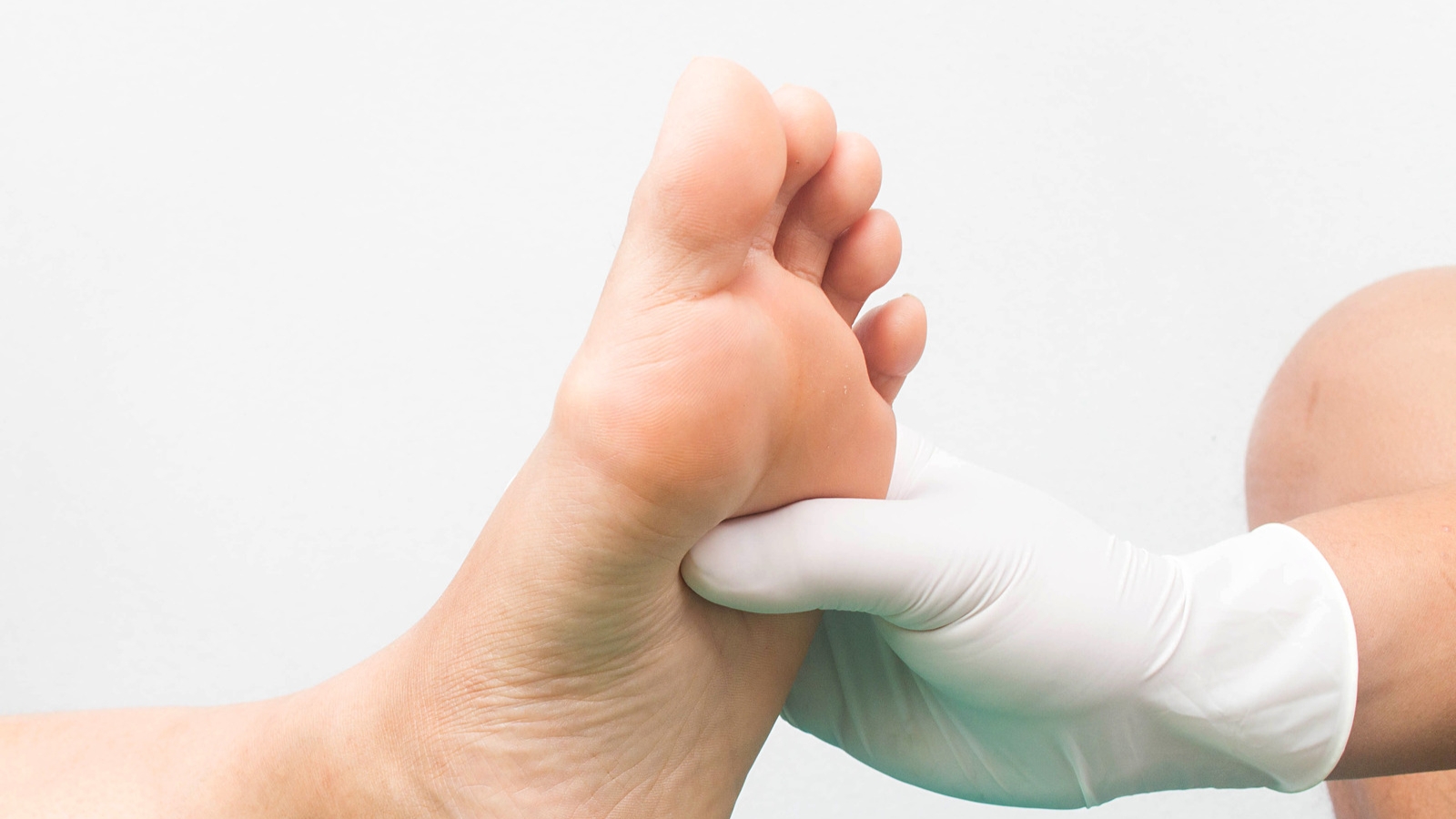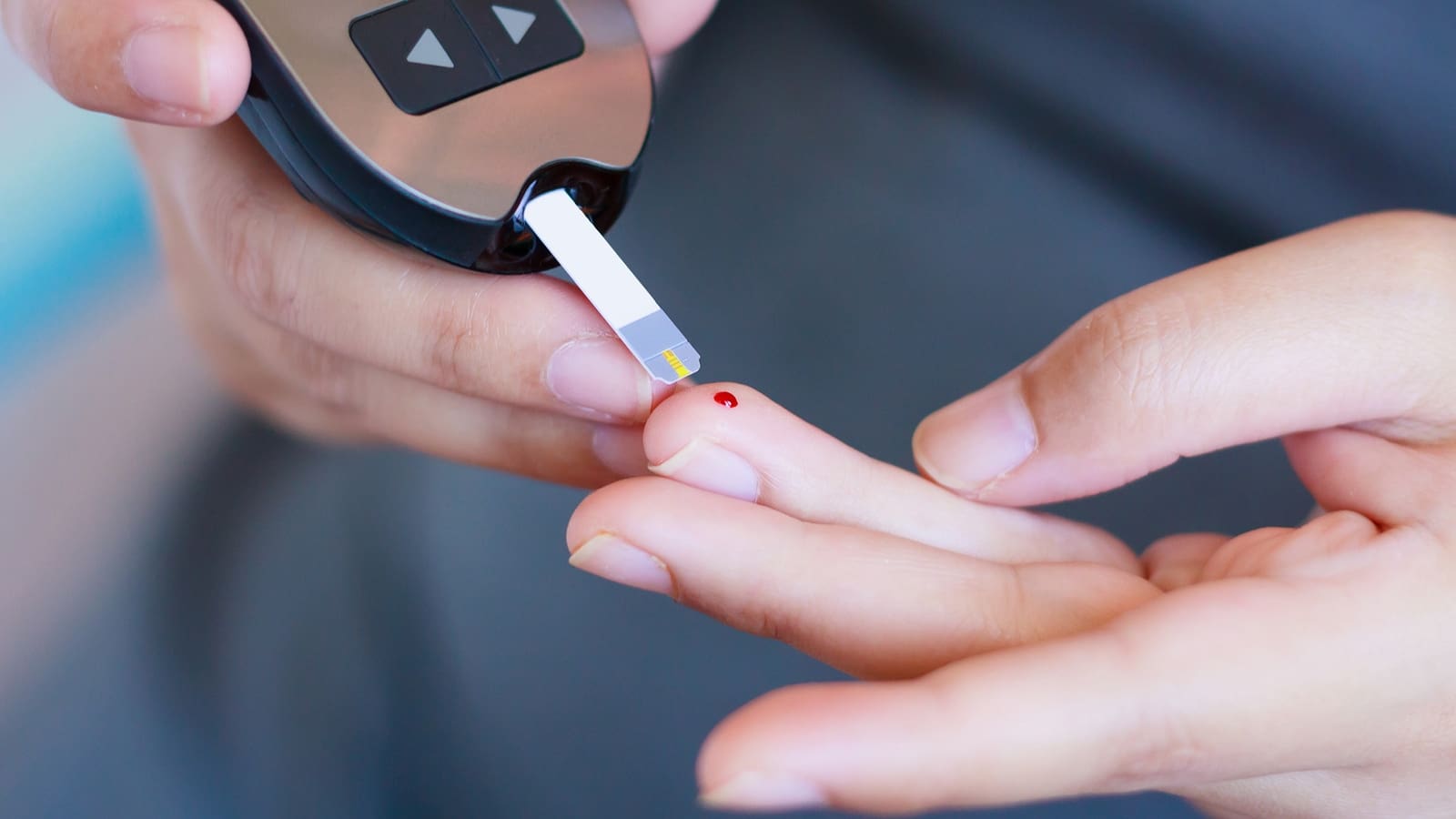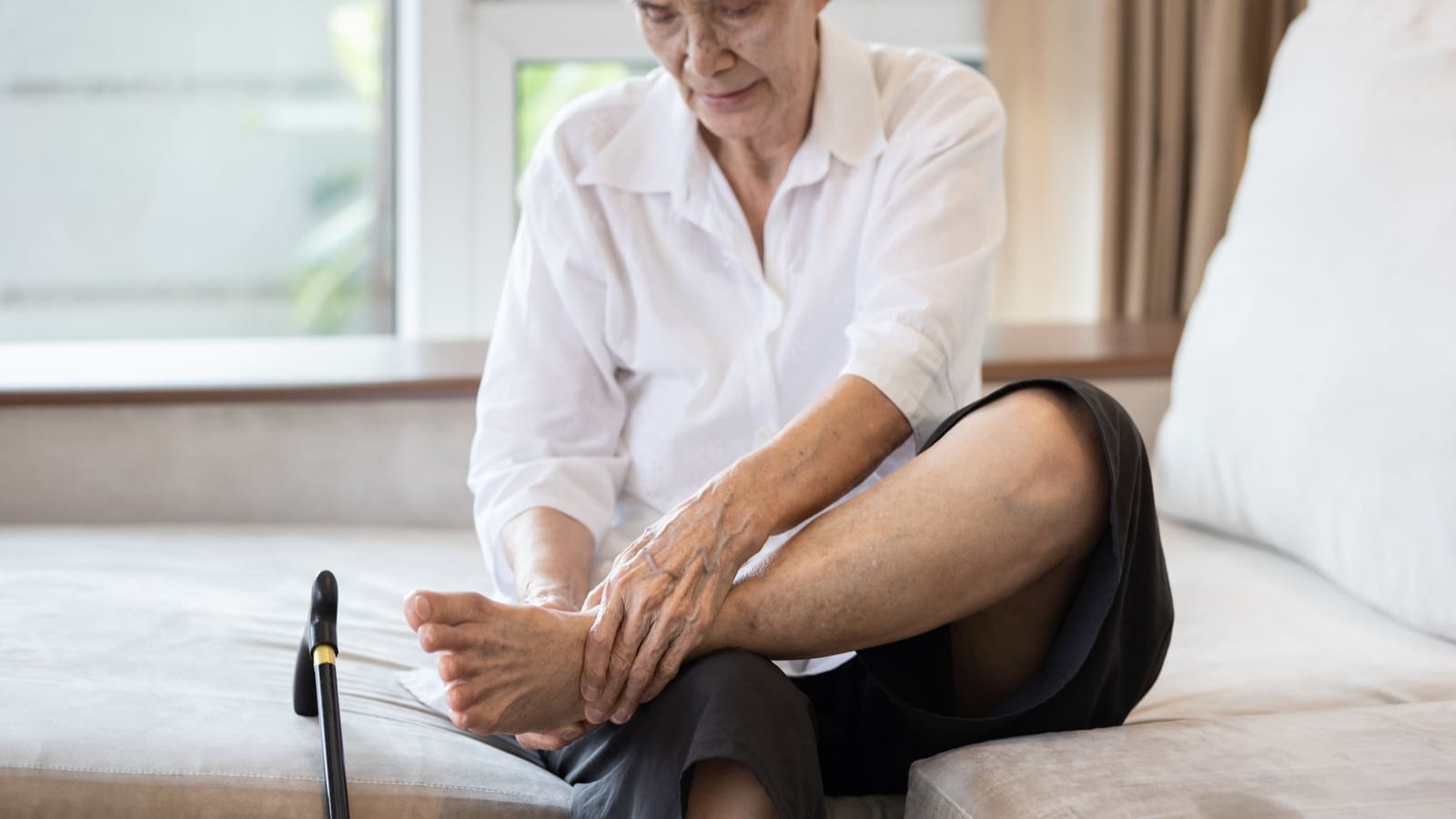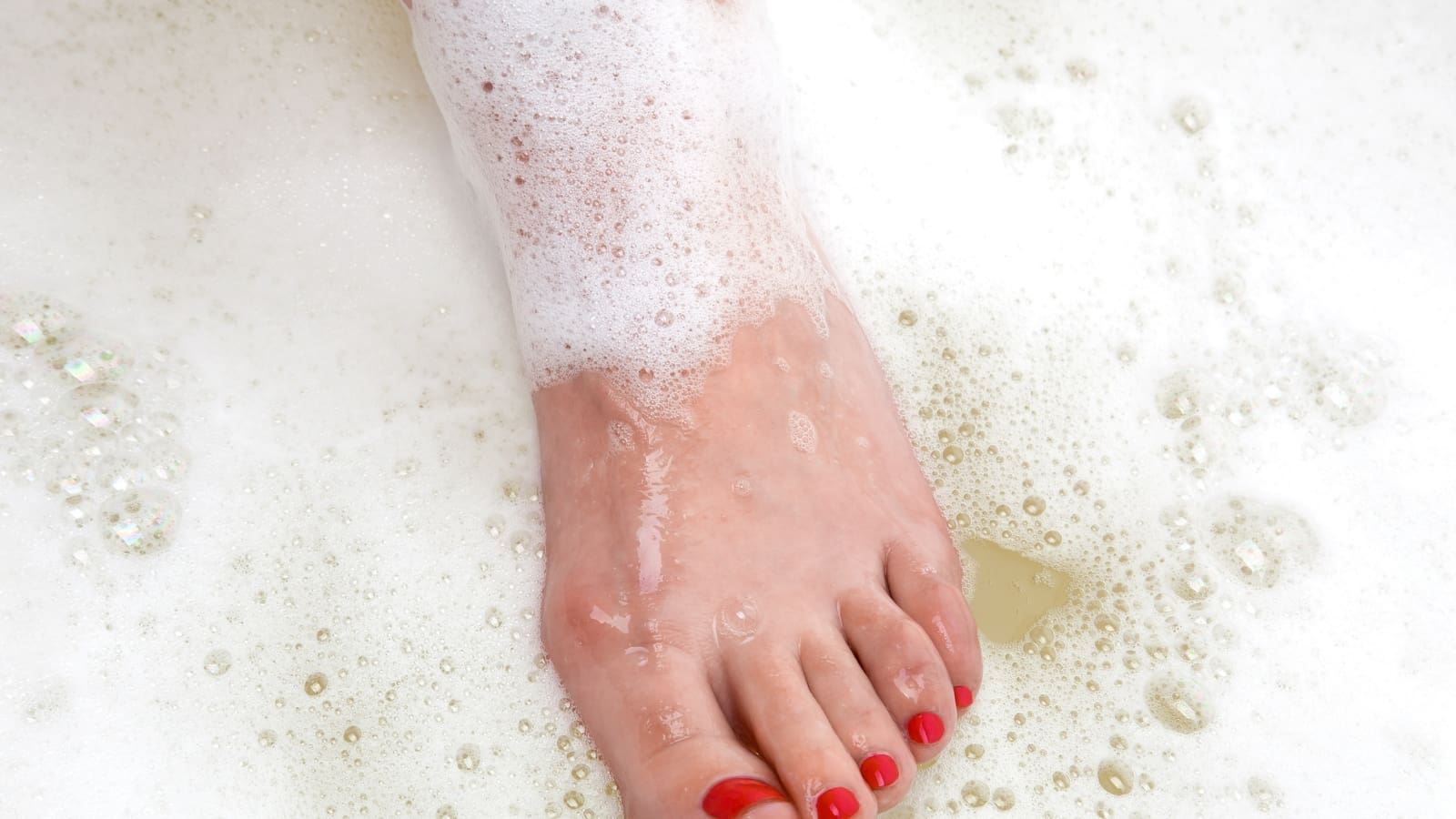Join The Nantwich Clinic Club to keep up to date with news and offers!
Sign Up
Having diabetes is a problem in itself, but did you know that having diabetes can actually put you at a higher risk of developing problems within your feet? Understanding what diabetes can do to the body, and your feet, can help you to avoid complications though.
When it comes to diabetes there’s already a lot to manage before you start taking your feet into account. Keeping an eye on your blood sugar levels, making sure you’re eating healthy food, finding the time to keep yourself active, taking all your necessary medicines and going to doctors appointments before even thinking of your feet. The good news is, with daily care you can tend to prevent any complications with your feet that are related to diabetes.
Approximately half of all people who have diabetes struggle with some form of nerve damage, which can affect any part of the body but it tends to affect the legs and feet most often. This damage to the nerves can cause you to lose feeling in your feet, but while some people will experience numbness, tingling or a loss of feeling completely, others can experience temperature changes or pain in the affected area.
While being able to live without feeling any pain in your feet does sound like a good thing to have, it does have it’s negatives as well. Pain is how the body tells you that there is something wrong so that you know you need to treat it, and if you can’t feel any pain then you may not notice that you have a cut, sore or other problem. These issues can be treated if they are noticed early, but if you don’t notice the issue then it can very quickly become a serious issue.

The best thing that you can do to protect your feet is to make sure that you are controlling your blood sugar levels on a daily basis. If you’re struggling with nerve damage already, then this can help to prevent the damage from worsening. Other than this, the next step is to maintain a good footcare routine and to keep your feet healthy. Good footcare for those who have diabetes includes;

This all depends on the level of risk that you are at for certain concerns. If you’re at low risk of developing an ulcer, then it would probably be around once per year that your GP will take a look at your feet. If you’re at a higher risk of developing an ulcer then these checks may be much more frequent and carried out by a podiatrist instead.
These checks will include checking the blood supply to the feet to ensure there are no issues, which is performed by checking the colour of the skin to make sure that there are no anomalies, checking the pulse within the feet and also by asking a number of questions related to levels of pain in the feet and legs. The checks will also include checking for loss of sensation using specialized tools like a monofilament, a plastic probe that is designed to buckle under a specific level of pressure, which is a really good way to indicate whether there is any loss of feeling at any given area of the foot.

At The Nantwich Clinic, we offer a diabetic foot treatment and you can find out more about this treatment on our dedicated page. To book an appointment with a member of our podiatry team, call us on 01270 627118 and arrange you consultation today.
Whether it’s a quick question that you need to ask, or you would like to book an appointment with us, we want to hear from you. Simply click the button below to get started or contact us on 01270 627118.